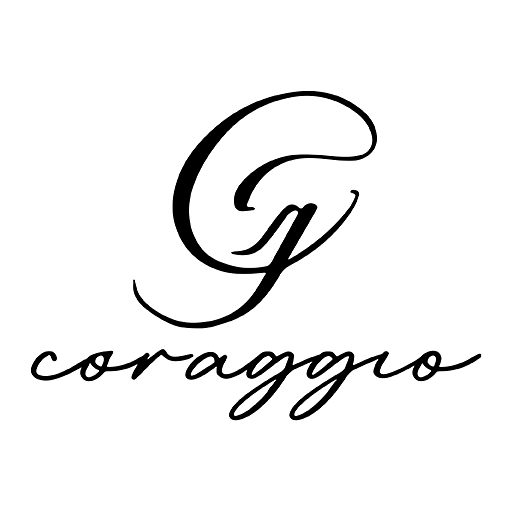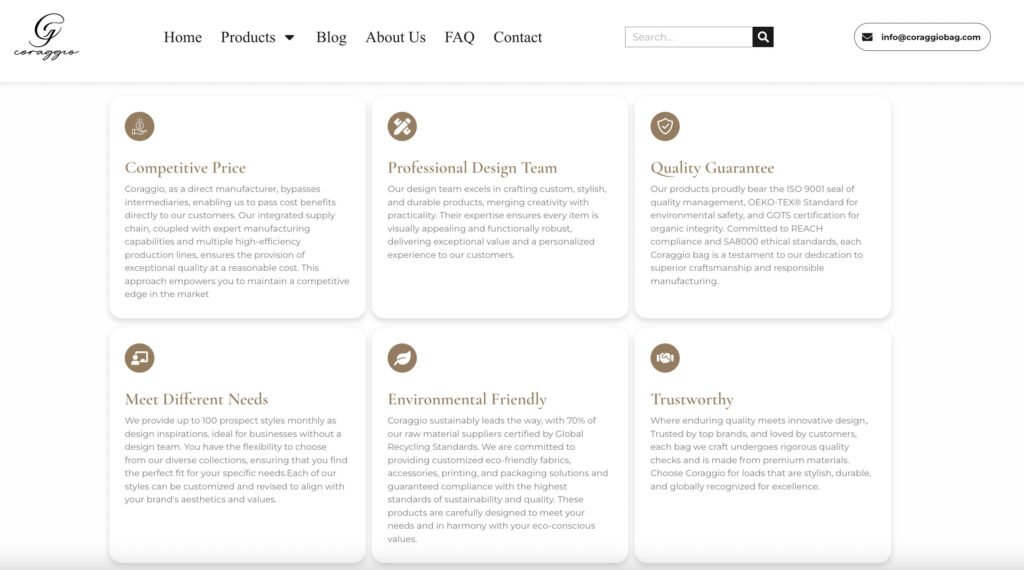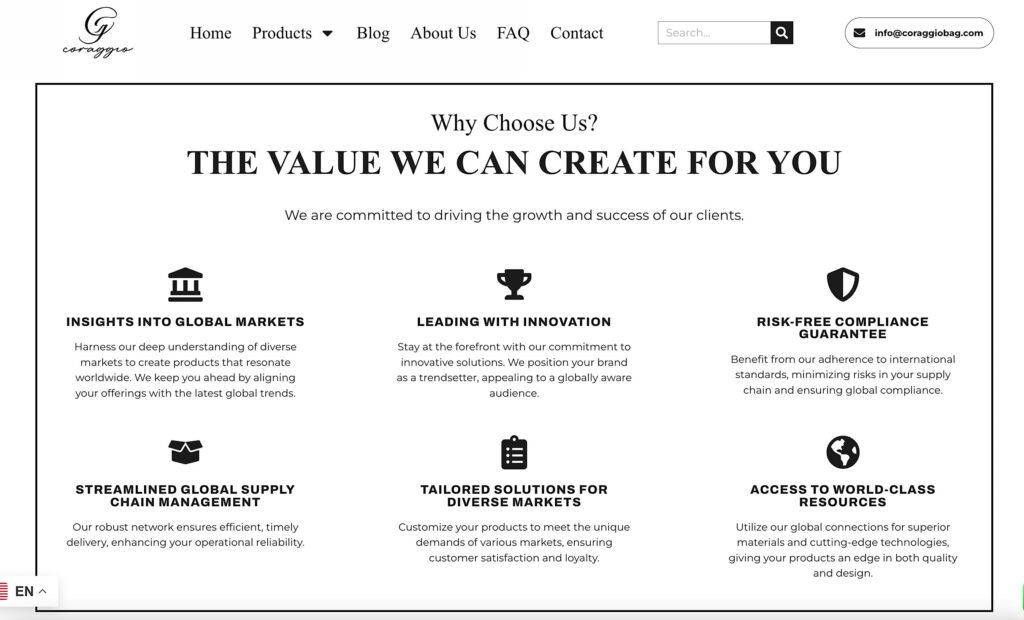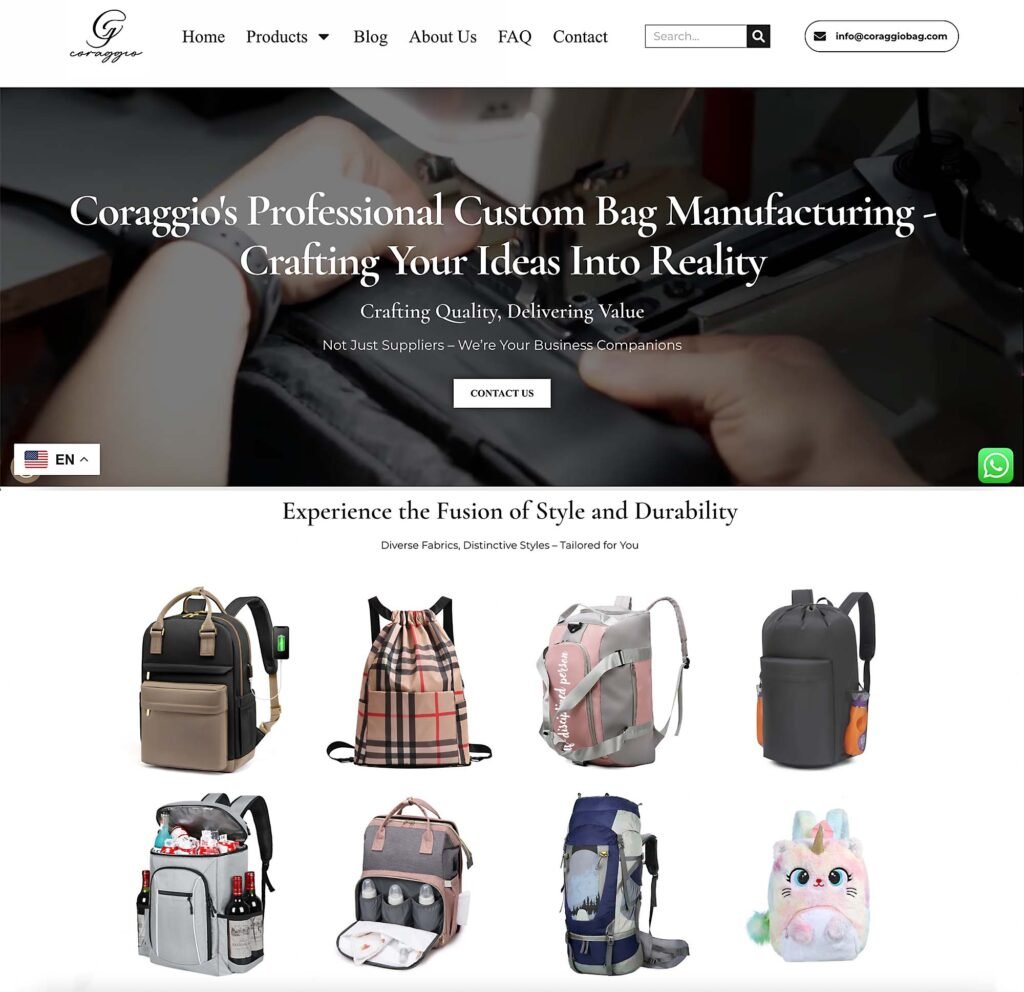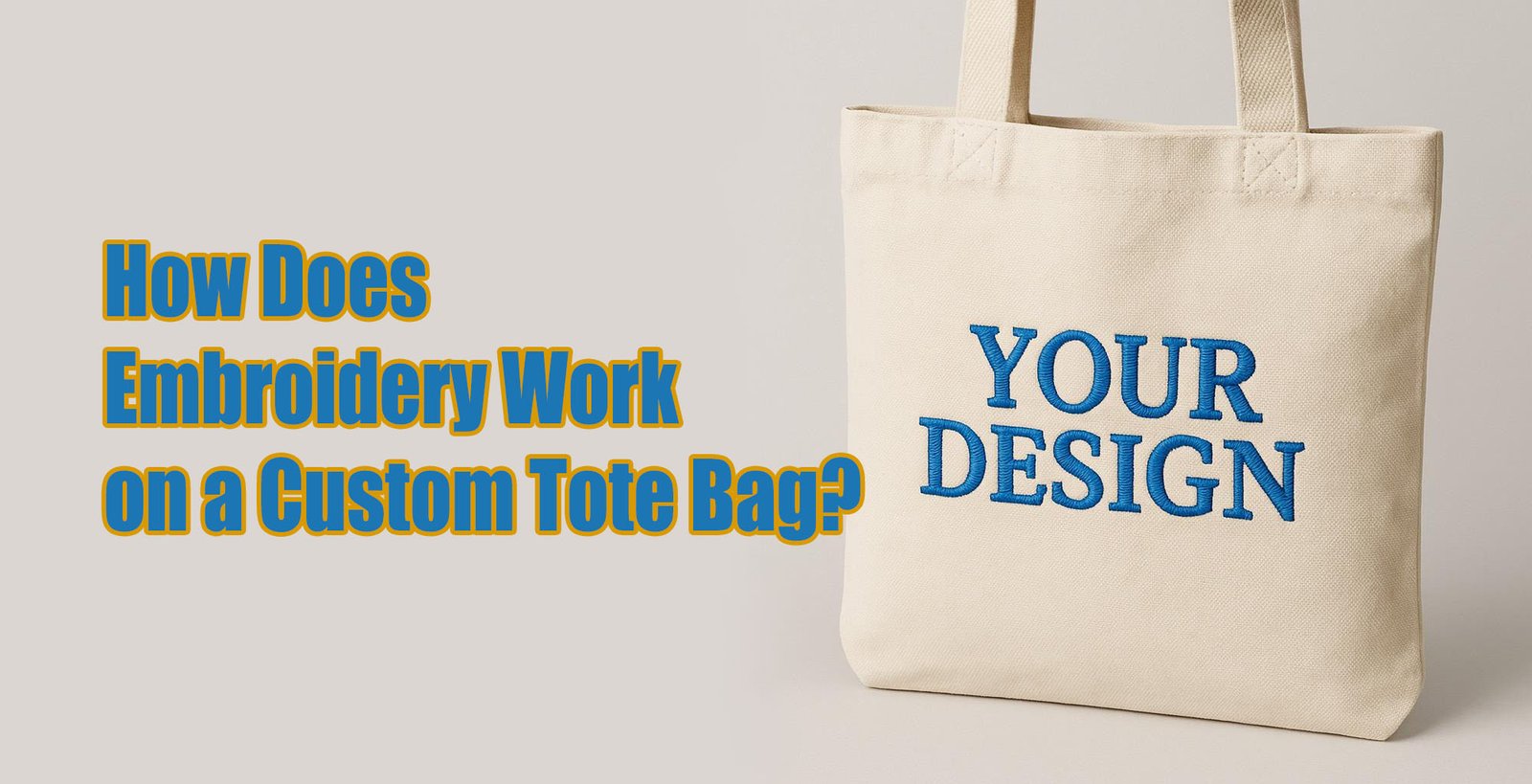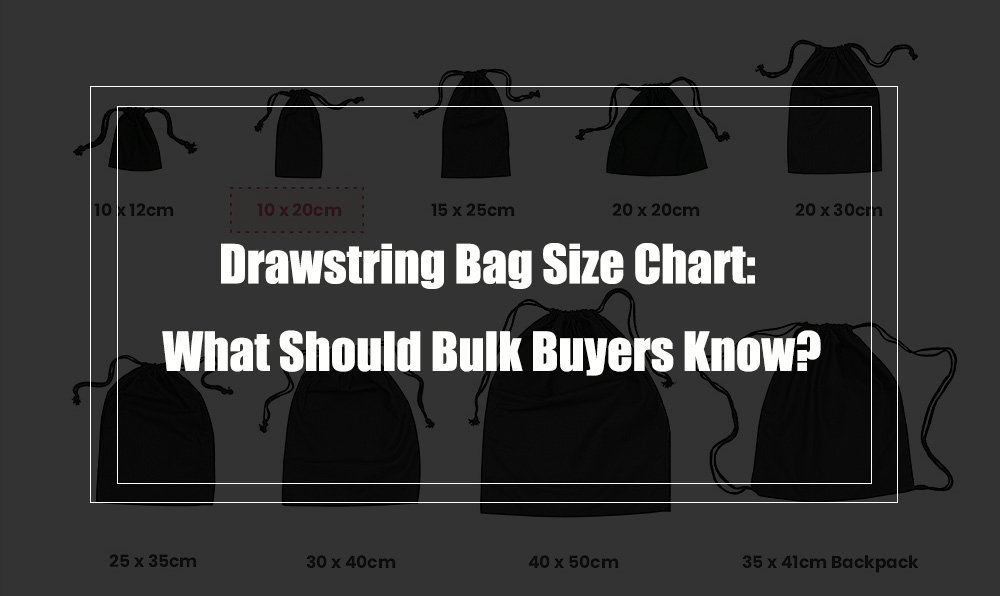Hey there! Starting a backpack design business can be exciting, blending creativity with practicality. Whether you’re an experienced designer or just starting, understanding the essential steps can help you turn your ideas into a successful business. This guide will walk you through everything you need to know to get started.
Snippet Answer Paragraph:
To start a backpack design business, you must create a vision, mission, and values for your brand. Identify your target market and the problems you aim to solve. Develop a detailed business plan outlining your go-to-market strategy. Assemble a team, design your backpacks, and focus on development and manufacturing. Finally, market your products effectively.
Now, let’s dive deeper into each step to ensure your backpack design business thrives.
How to Start a Backpack Brand?
Alright, let’s break this down into actionable steps:
1. Begin with a Solid Business Plan:

Imagine this as your roadmap. Your business plan should cover your goals, target market, competitive analysis, marketing strategy, and financial projections. This plan is your secret weapon to stay on track and focused on your objectives.
2. Build Your Brand Identity:

Think about your favorite brands. What makes them stand out? Your brand identity should resonate with your target audience. Create a memorable logo, develop a compelling brand story, and design eye-catching packaging. Your brand should reflect your values and the unique aspects of your products.
3. Design Your Bags and Accessories:
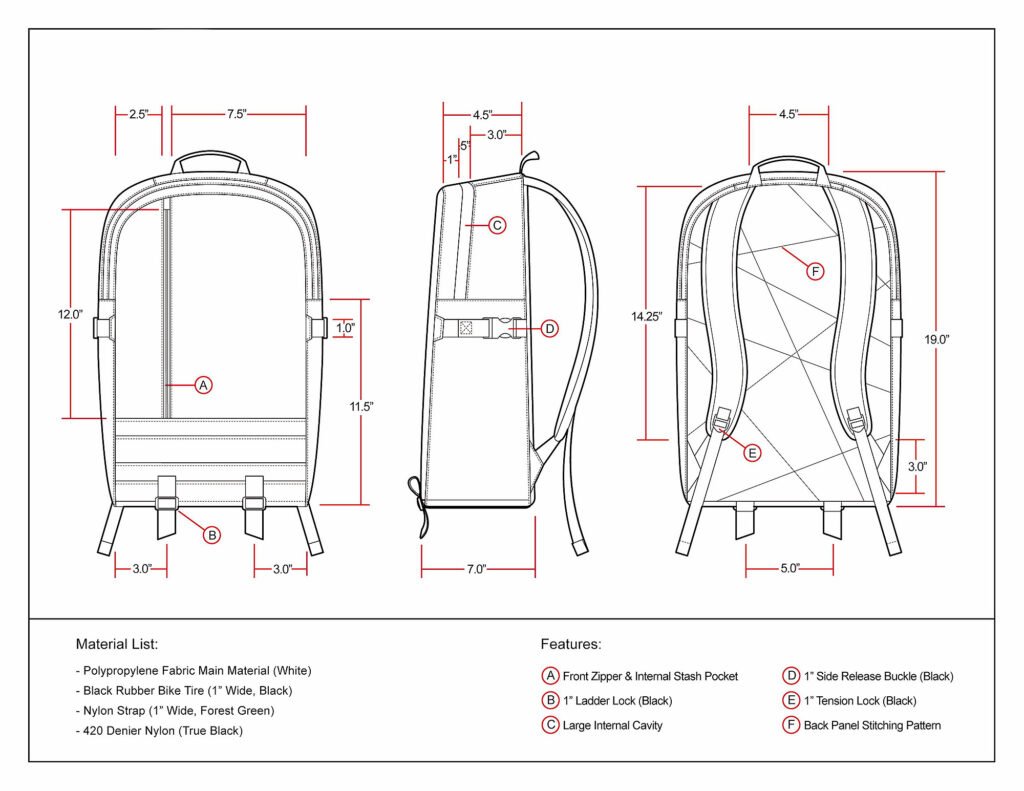
This is where your creativity shines. Start by sketching your designs and creating prototypes. Consider the materials, functionality, and aesthetics of your backpacks. Make sure your designs stand out in the market and meet the needs of your target customers.
4. Manufacture Your Products:
Find reliable manufacturers who can produce high-quality backpacks. You may need to source materials, create detailed specifications, and oversee production to ensure your designs are accurately realized.
5. Take Your Products to Market:
Develop a go-to-market strategy that includes pricing, distribution channels, and promotional activities. Consider selling your backpacks online, at craft shows, or through retail partners.
6. Grow and Scale Your Brand:
Once your brand is established, focus on scaling your business. This might involve expanding your product line, entering new markets, or increasing your marketing efforts to reach a broader audience.
Are Backpacks Profitable?
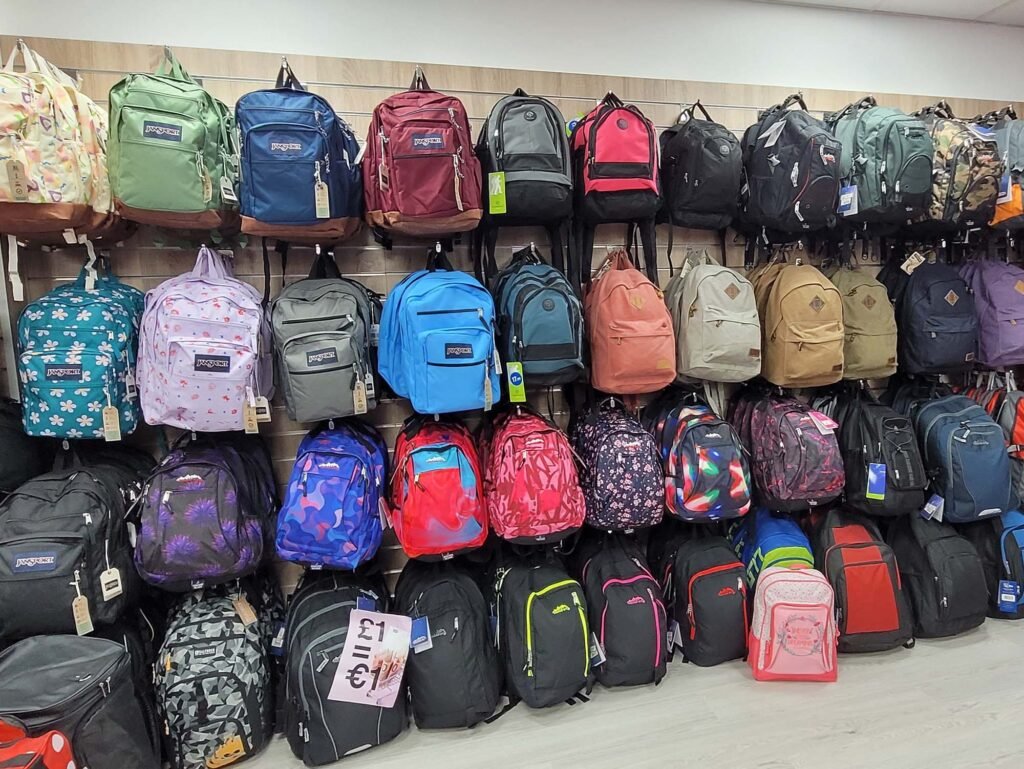
Absolutely! Backpacks can be highly profitable if you manage your business effectively. On average, successful backpack lines report $1.2M/year in revenue. Profitability depends on production costs, pricing strategy, and market demand. You can attract a loyal customer base by offering unique designs, maintaining high-quality standards, and achieving significant profits.
How Much Does It Cost to Make a Backpack?
The cost to manufacture backpacks varies based on design, materials, and production volume. On average, manufacturing costs range from $15 to $100 per piece. Backpacks for school and workouts typically cost at most $40. In contrast, specialized backpacks for camping and business may cost up to $80. Balancing cost with quality is crucial to ensure your products meet customer expectations and remain profitable.
How to Manufacture Backpacks?
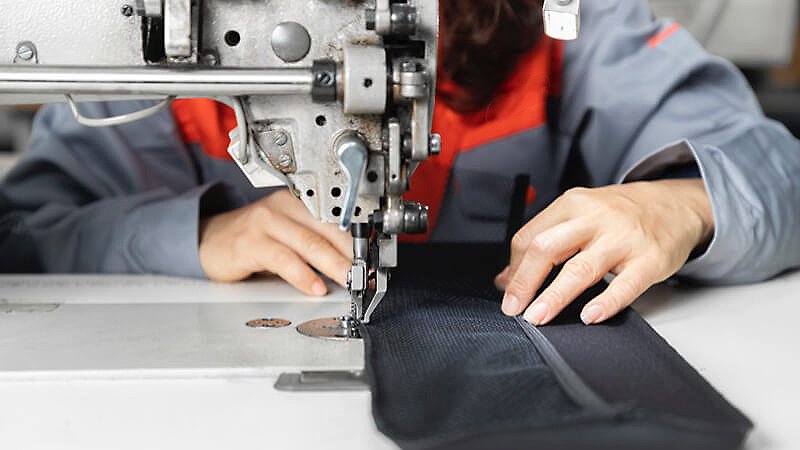
Manufacturing backpacks involves several key steps:
- Understand Global Markets: Research international markets to understand consumer preferences, trends, and legal requirements. Each market will have unique characteristics that you need to consider.
- Adapt Your Designs: Tailor your backpack designs to meet the preferences and needs of different regions. This might involve modifying materials, styles, or features to suit local tastes.
- Global Logistics: Establish a reliable logistics network for international shipping and distribution. Partner with logistics companies with global market experience to ensure smooth operations.
- Compliance and Regulations: Ensure your products comply with the regulations and standards of each market. This might include product safety standards, labeling requirements, and import/export regulations.
- Cultural Sensitivity: Be mindful of cultural differences when marketing your products. Customize your marketing messages to resonate with local audiences and avoid cultural missteps.
Summary:
Starting a backpack design business involves careful planning, creative design, efficient manufacturing, and effective marketing. You can create a successful and profitable business by following these steps and leveraging the tips provided. Good luck, and happy designing!
Final Thoughts and Recommendation
Hey, before you go, let me tell you about my favorite backpack brand, Coraggio Bag. They’ve got some of the best-designed backpacks I’ve ever seen, combining style and functionality perfectly. Suppose you’re looking for inspiration or a reliable product to recommend to your clients. In that case, Coraggio Bag is definitely worth checking out!
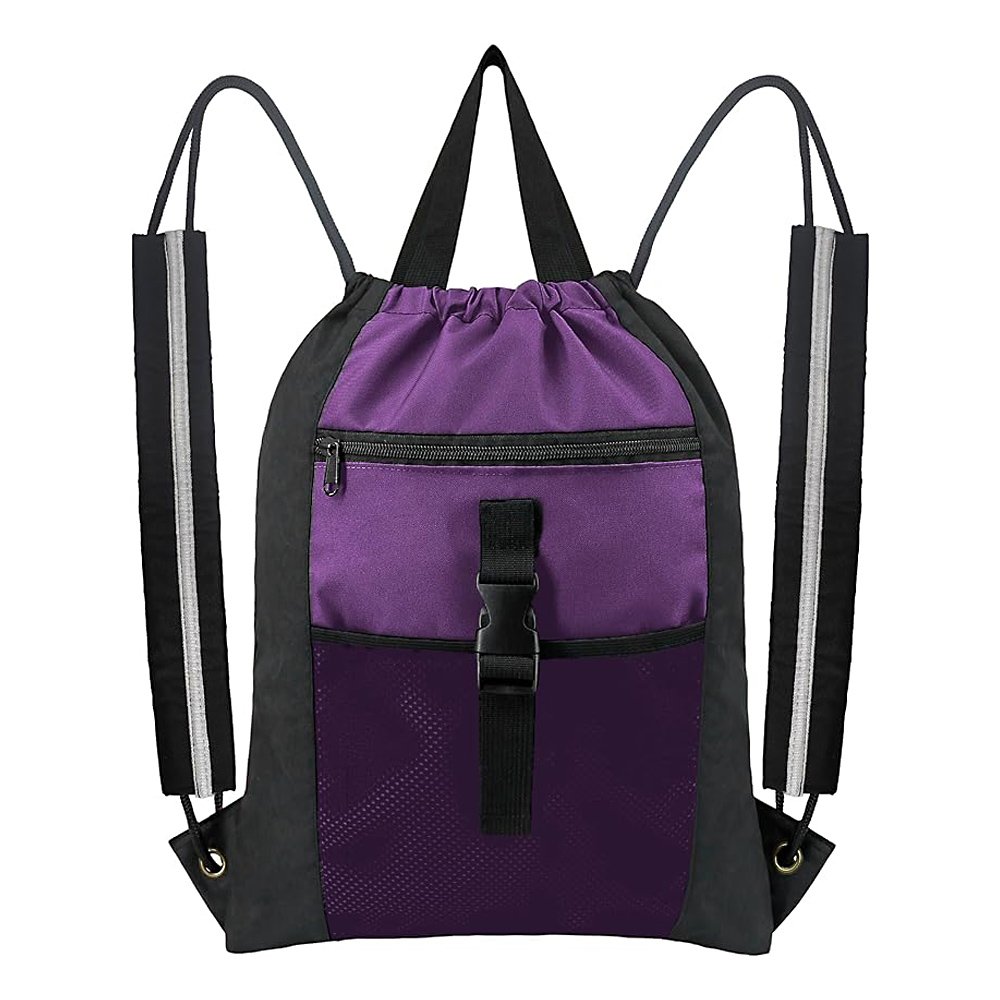
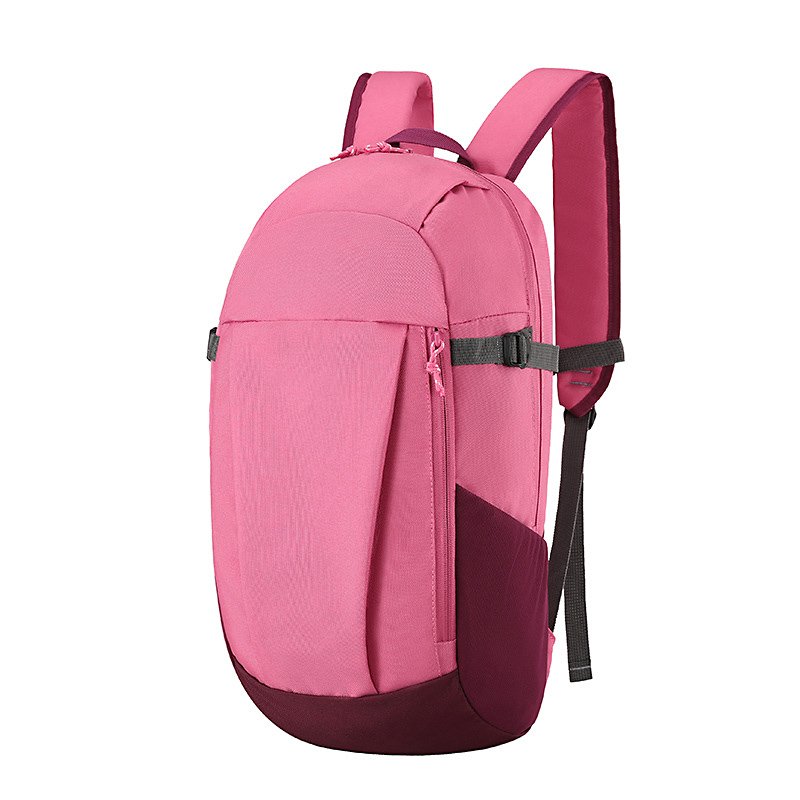
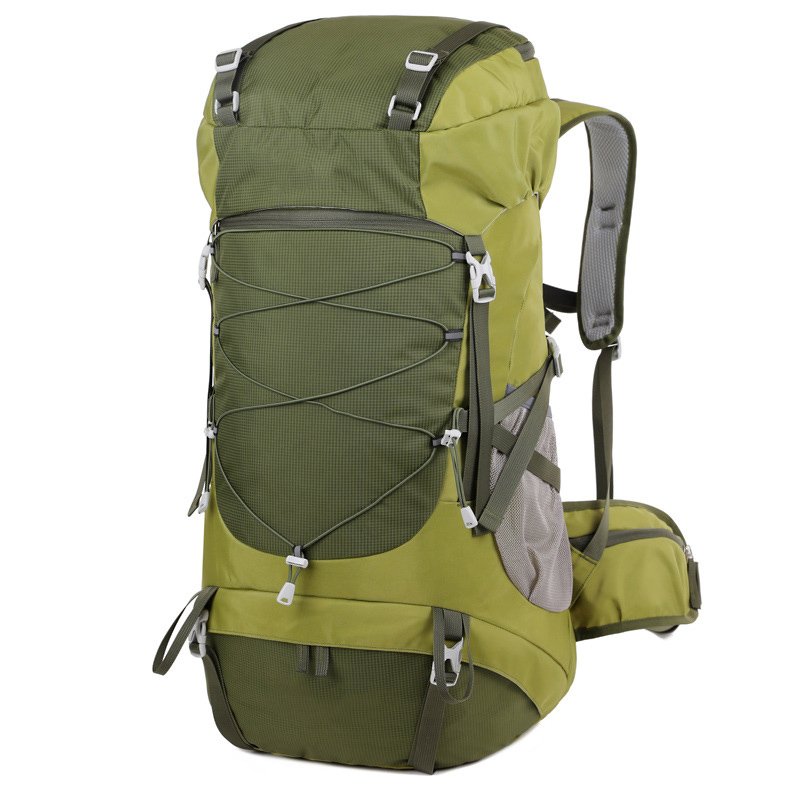
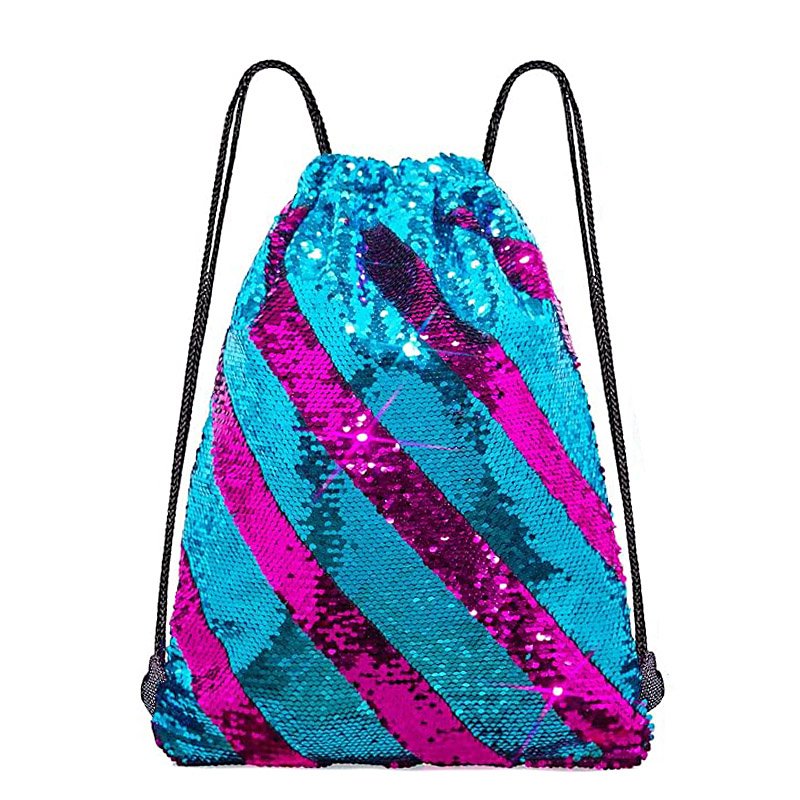
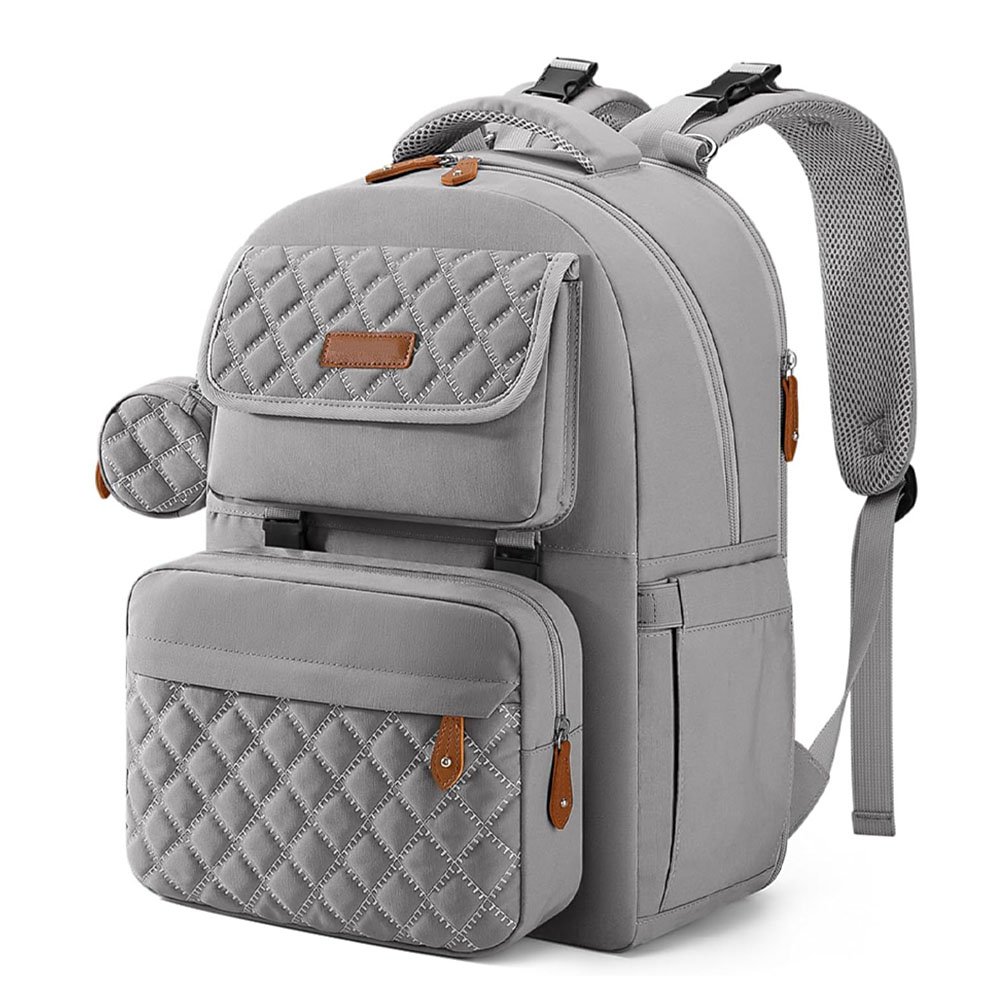
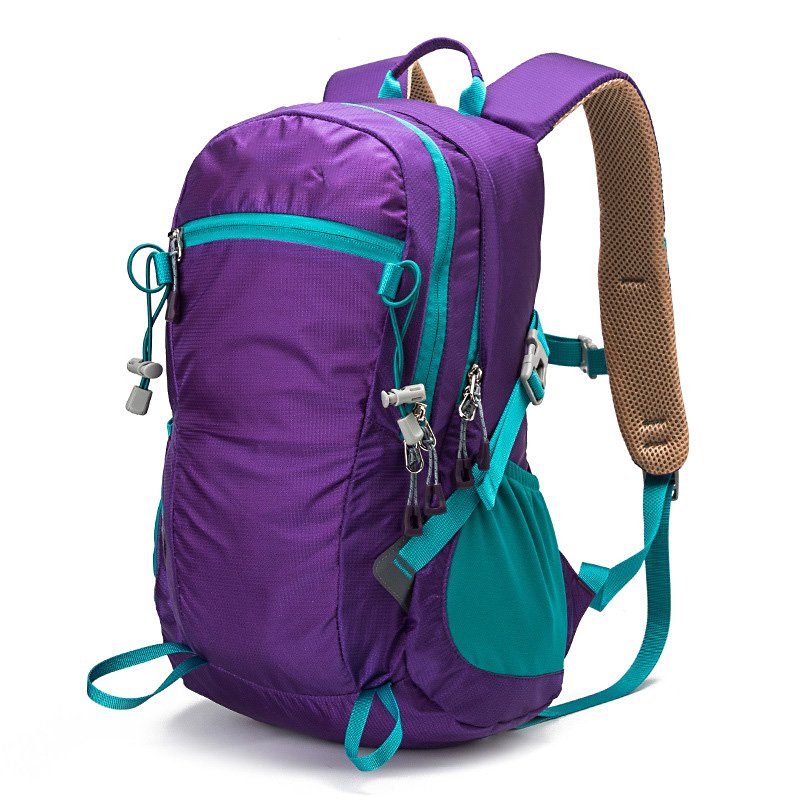
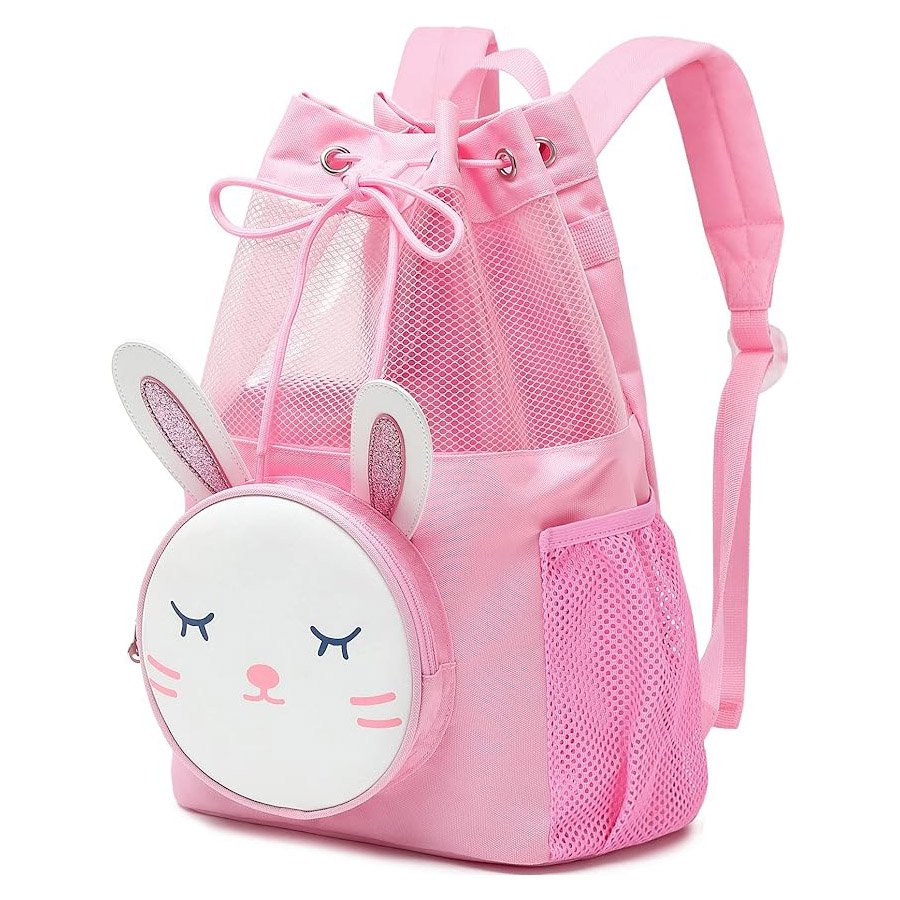
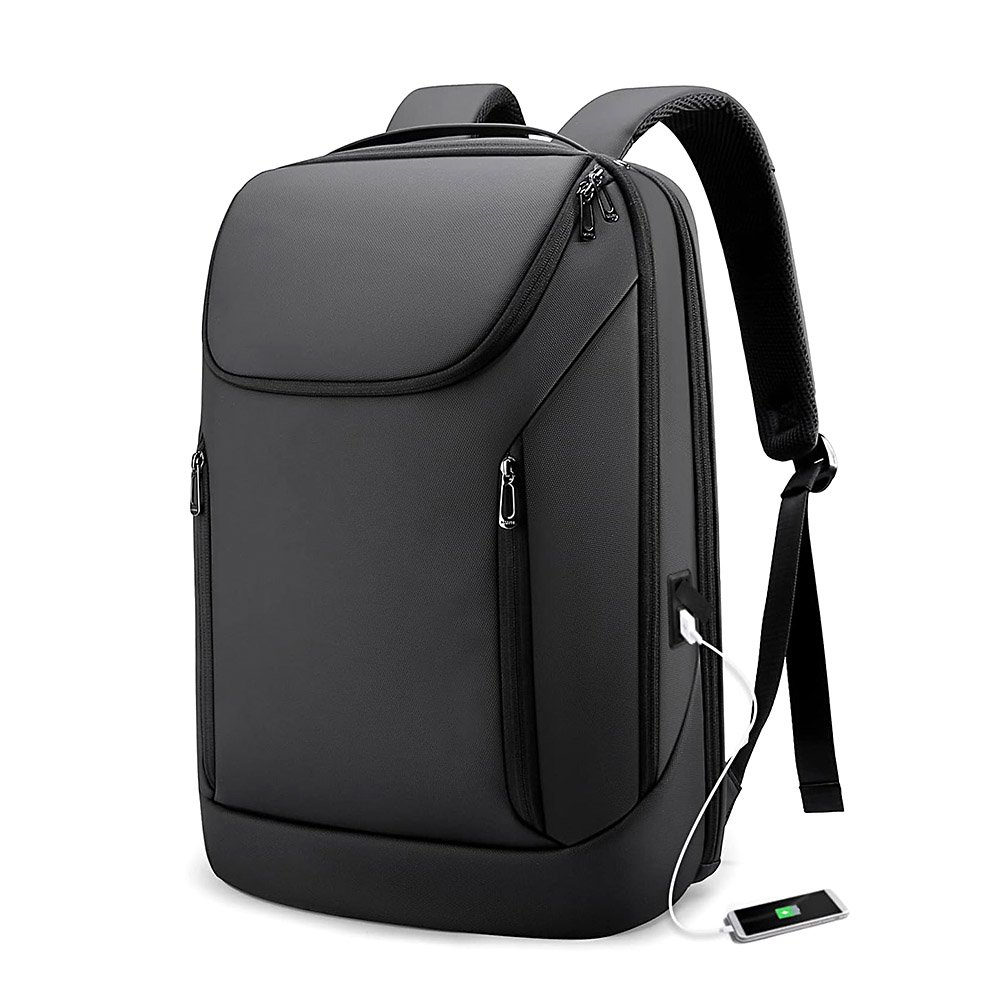
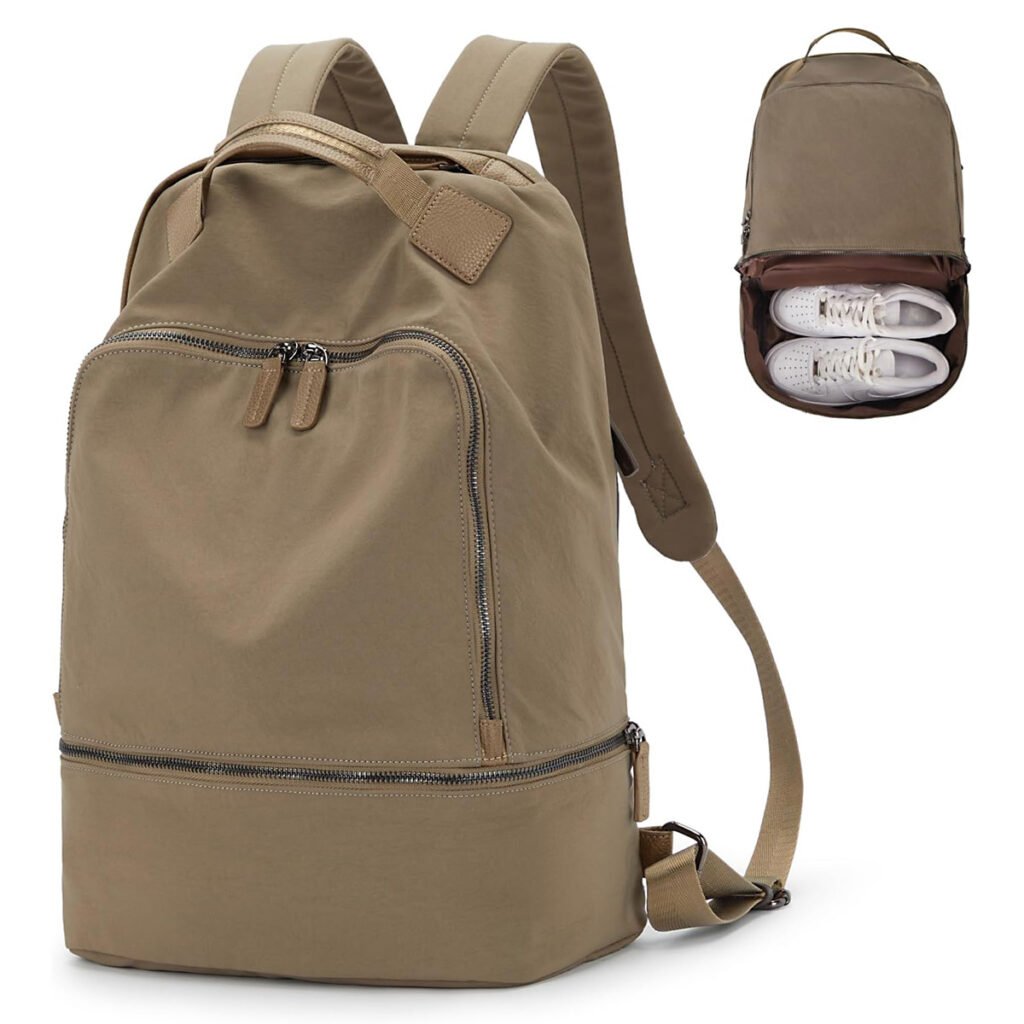
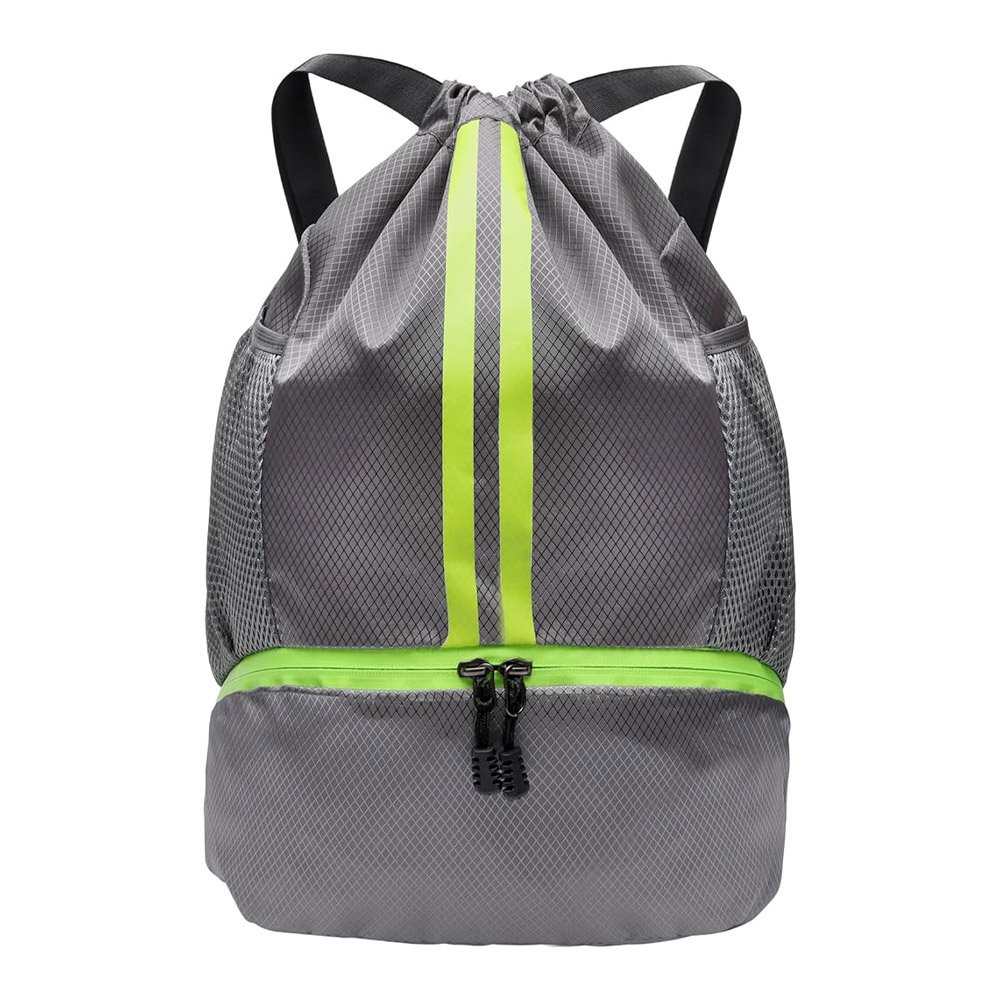
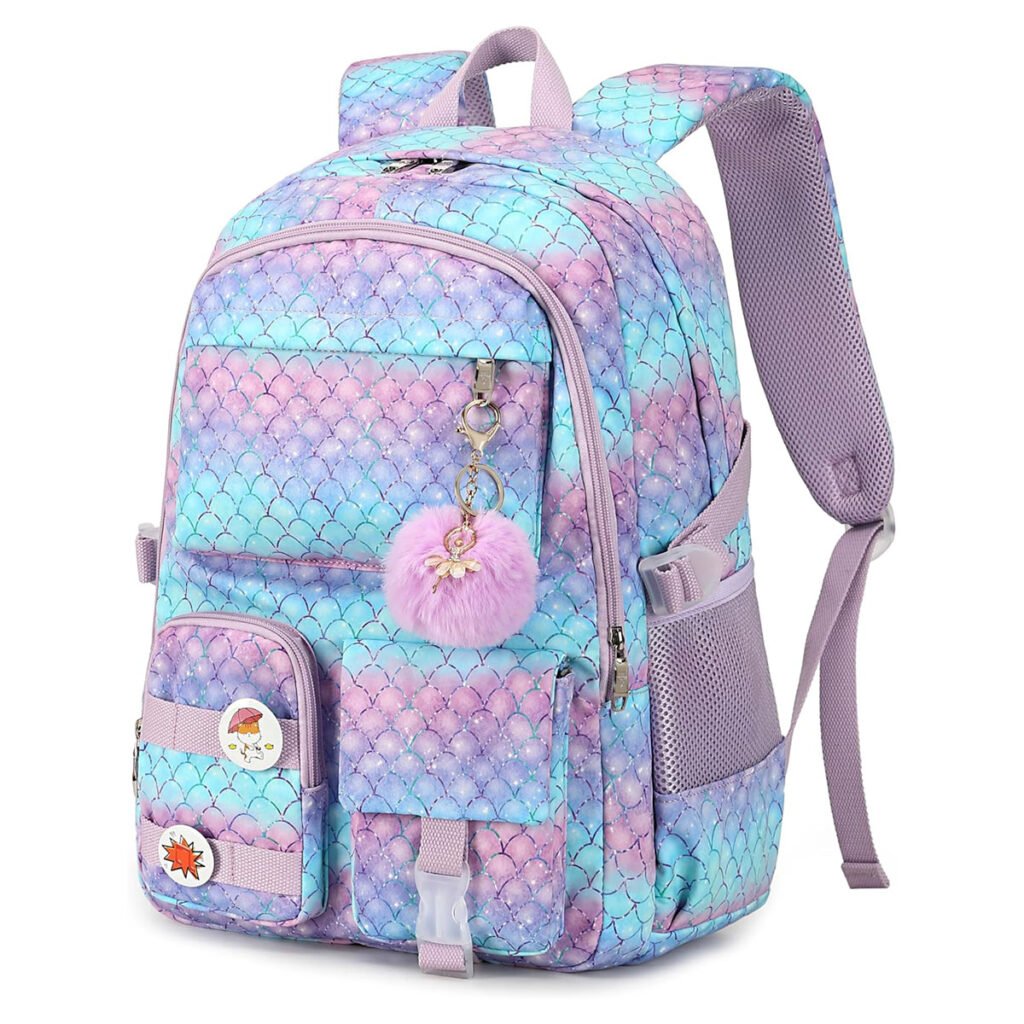
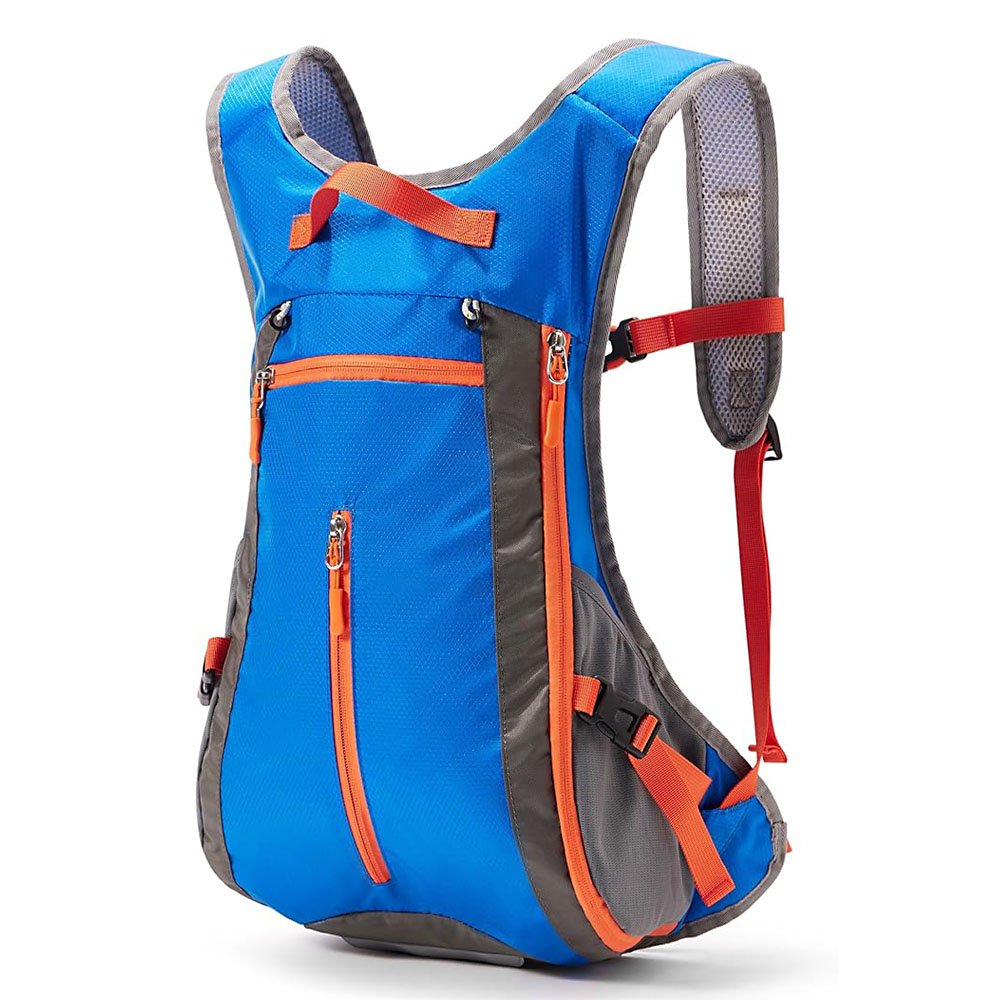
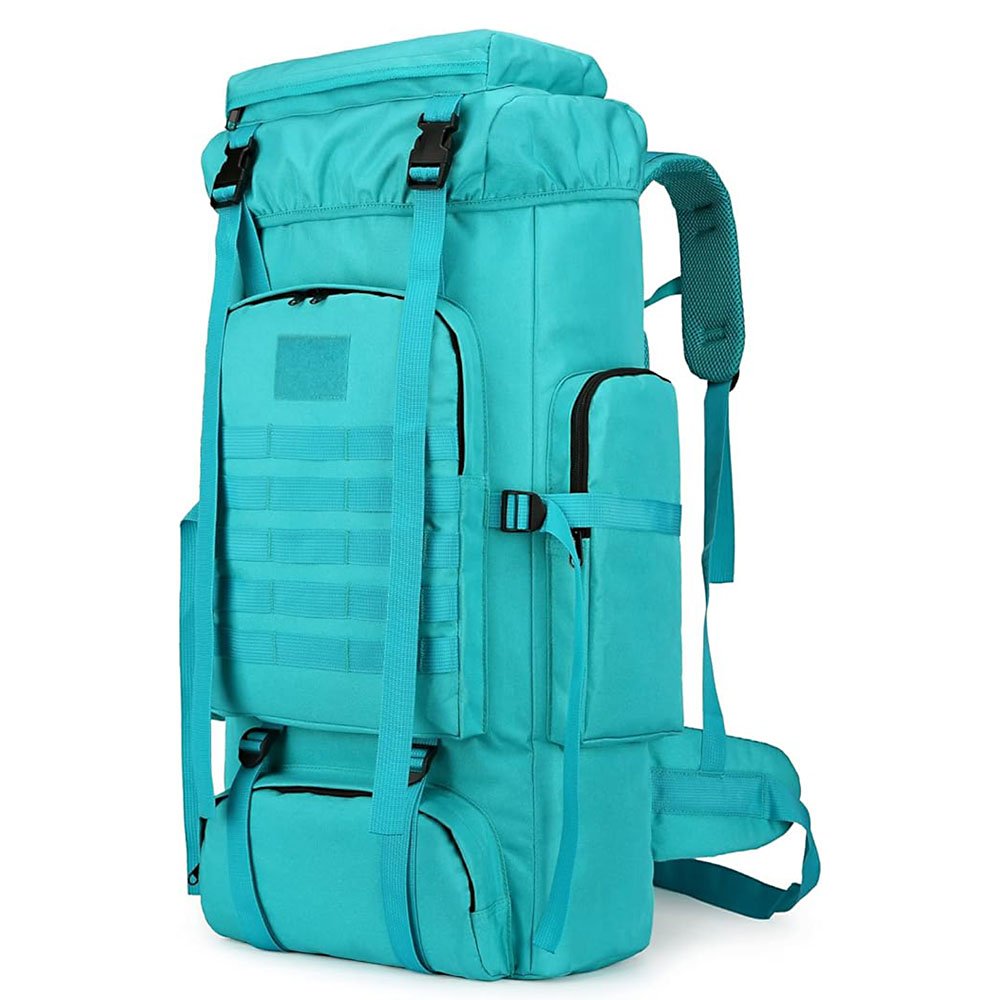
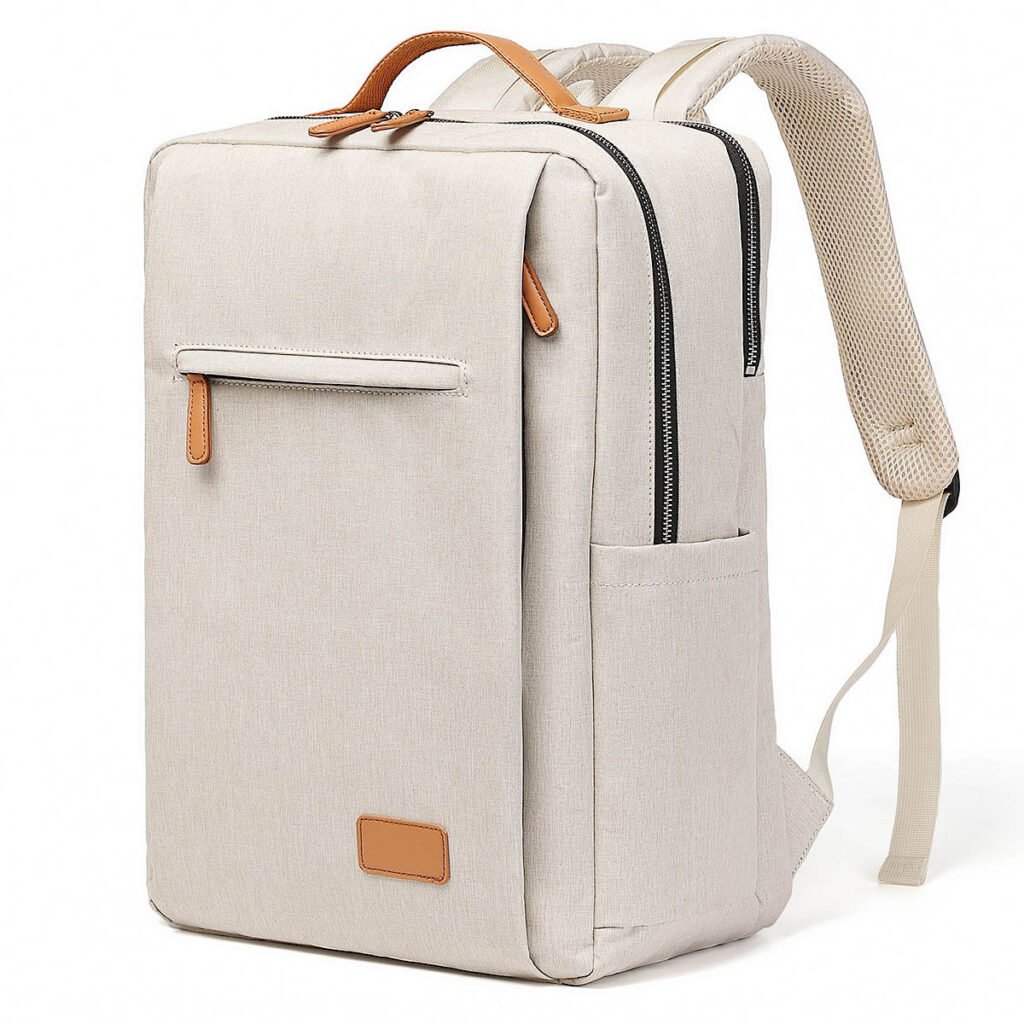
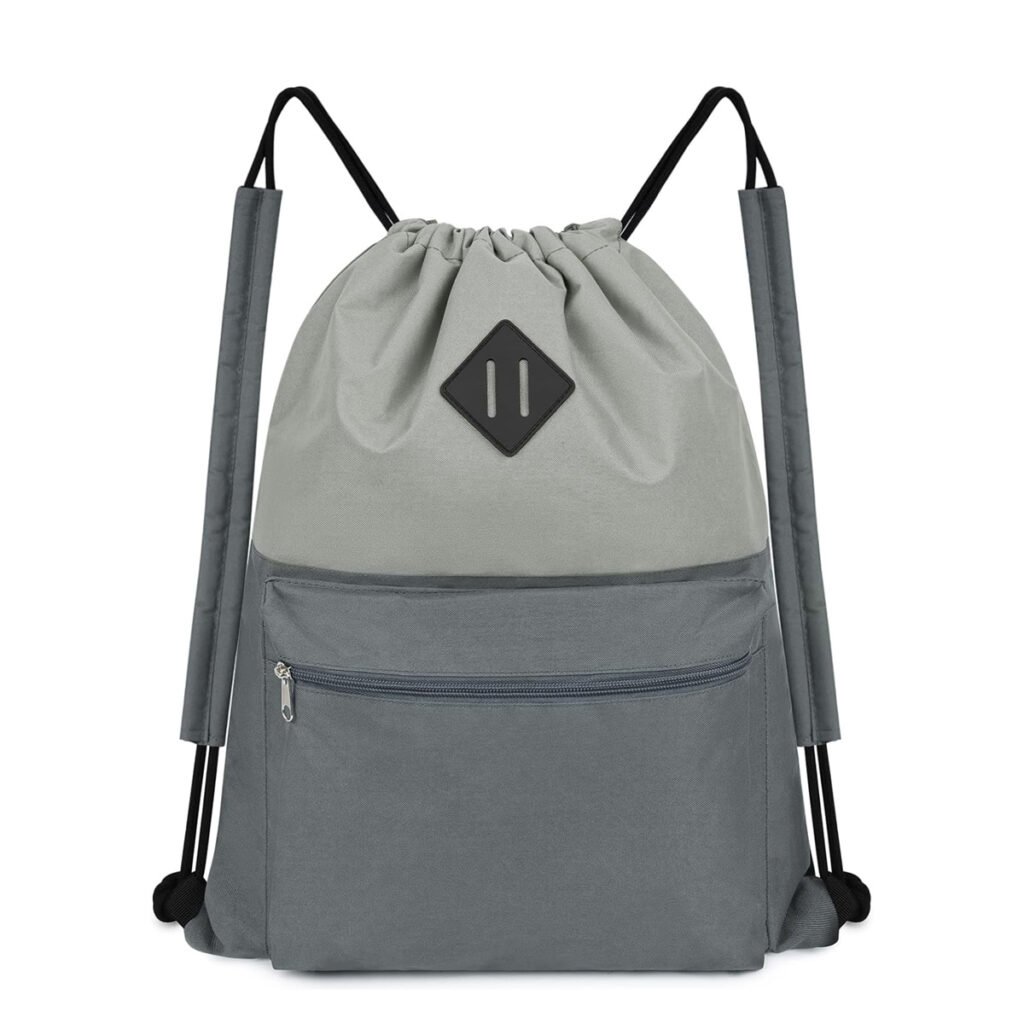
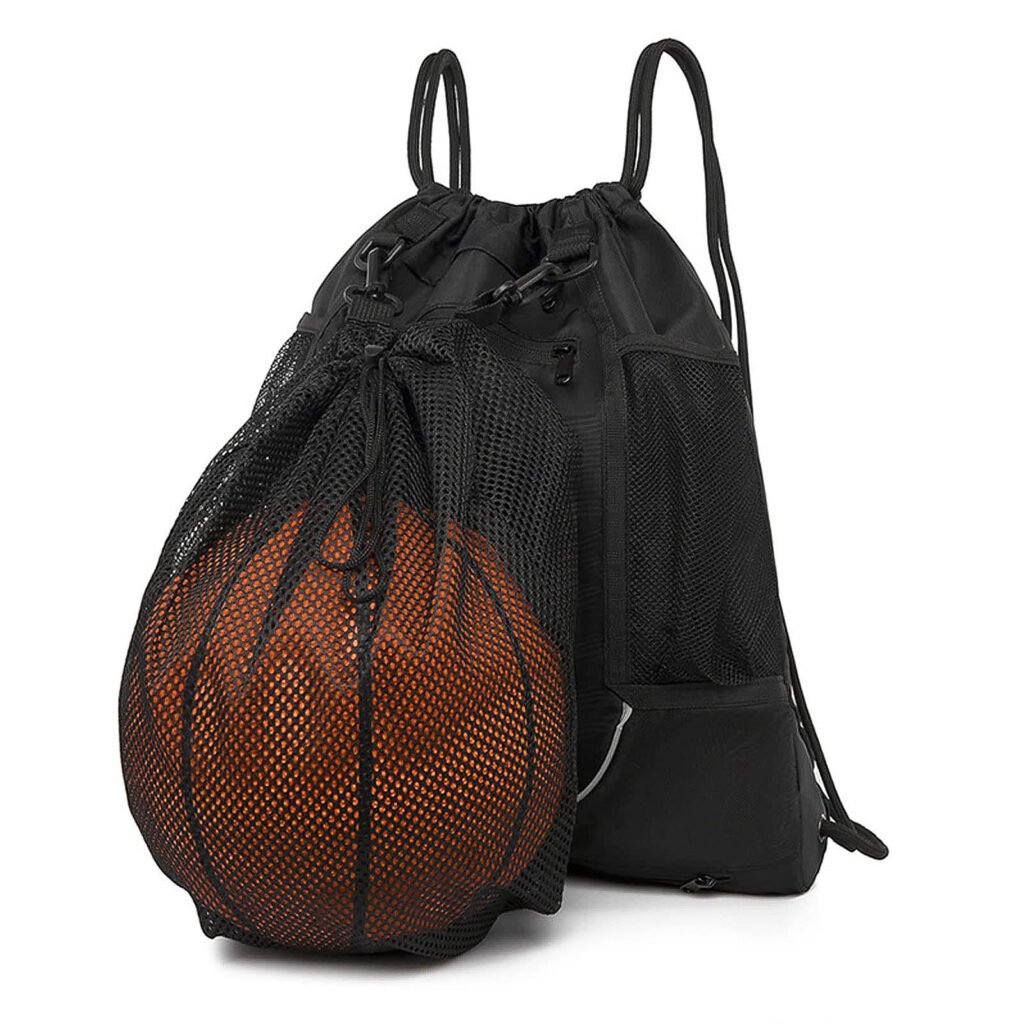
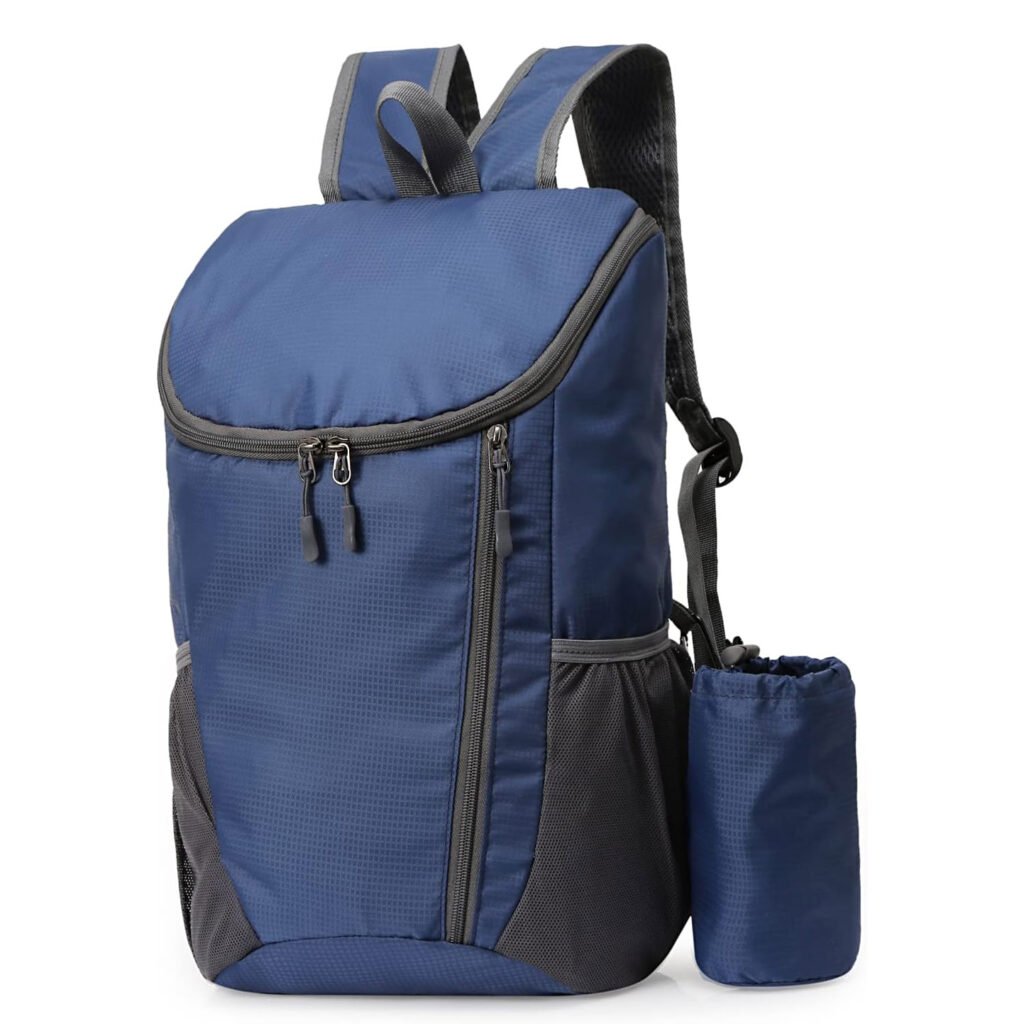
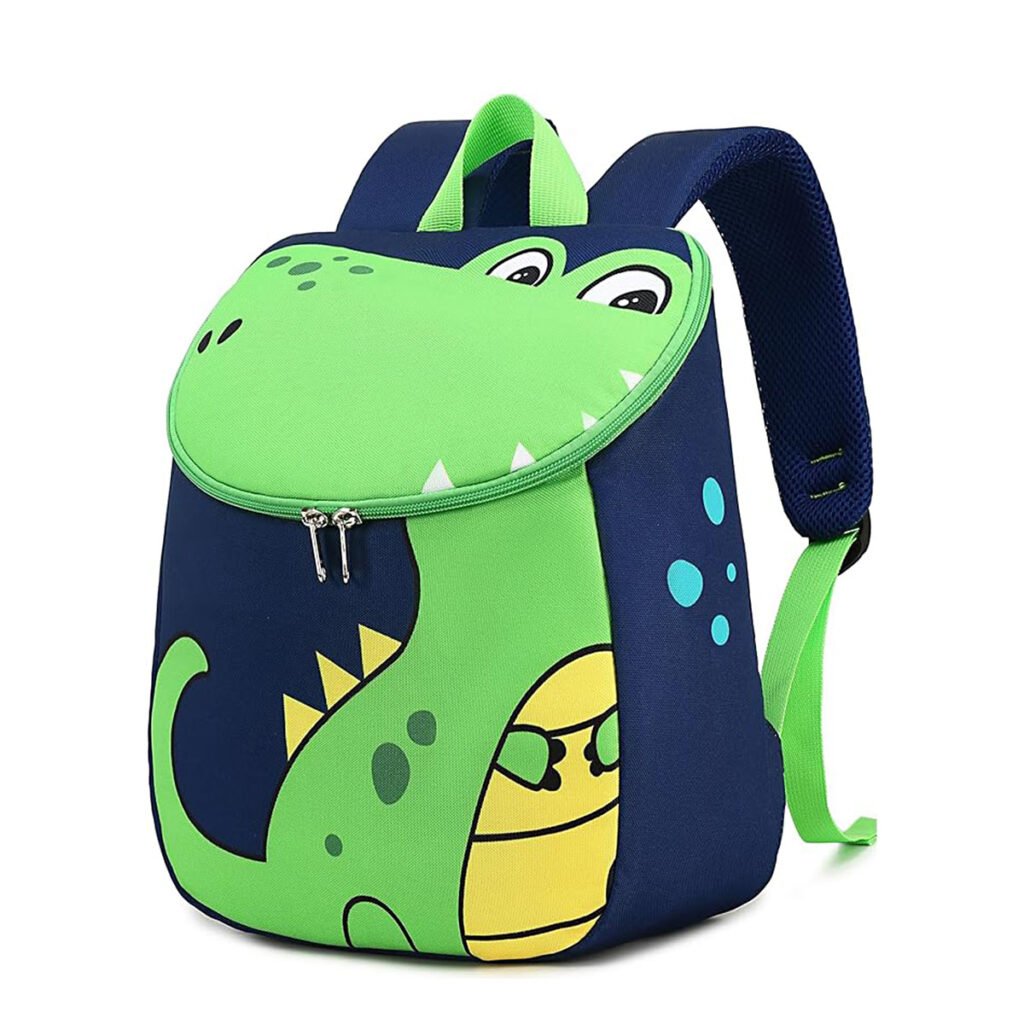
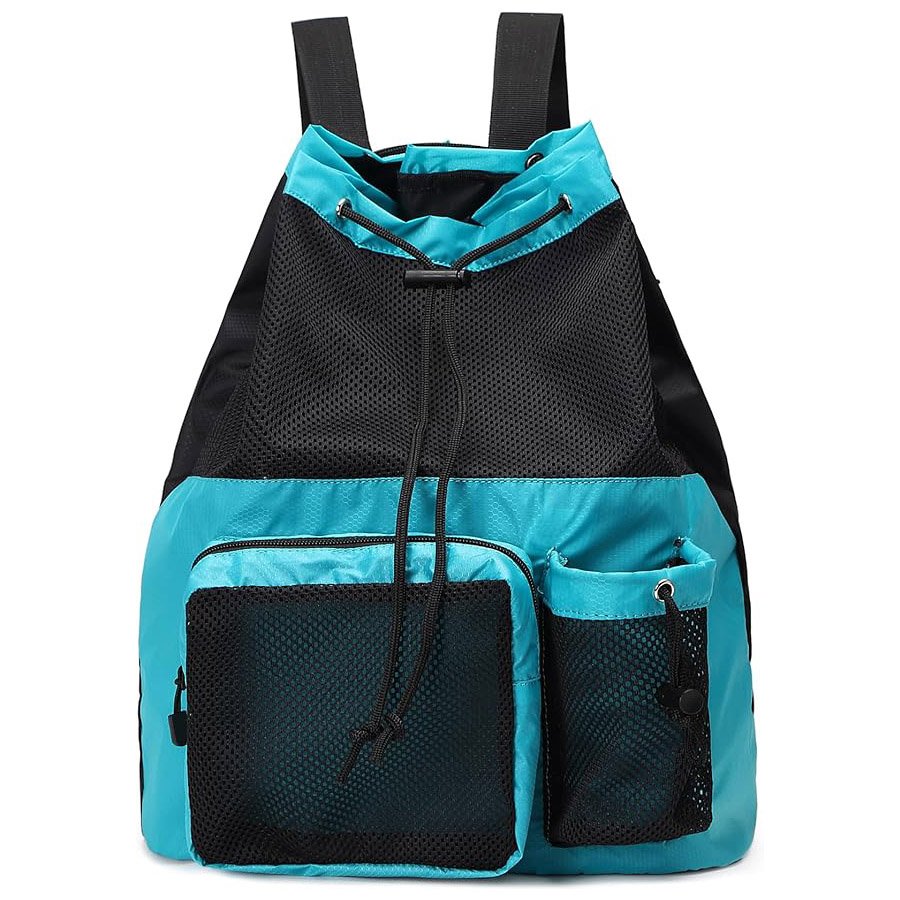
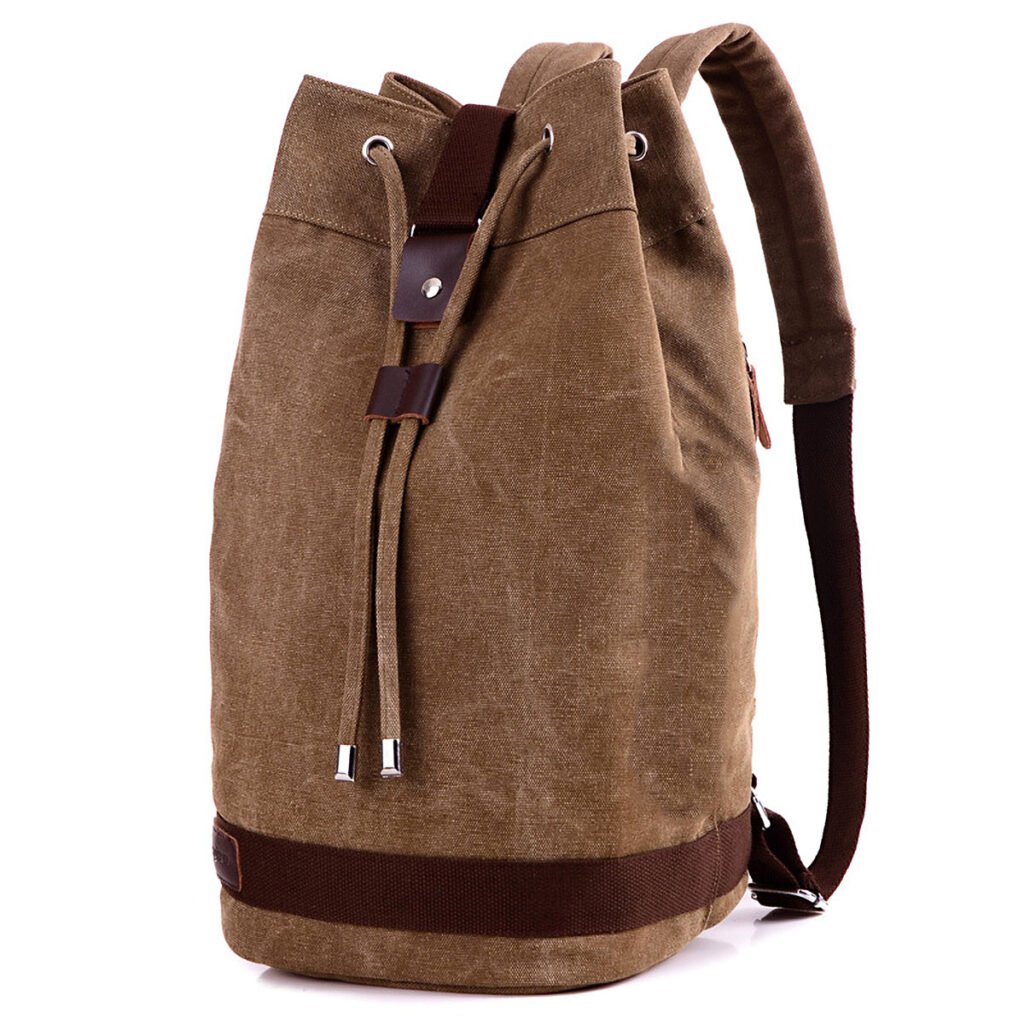
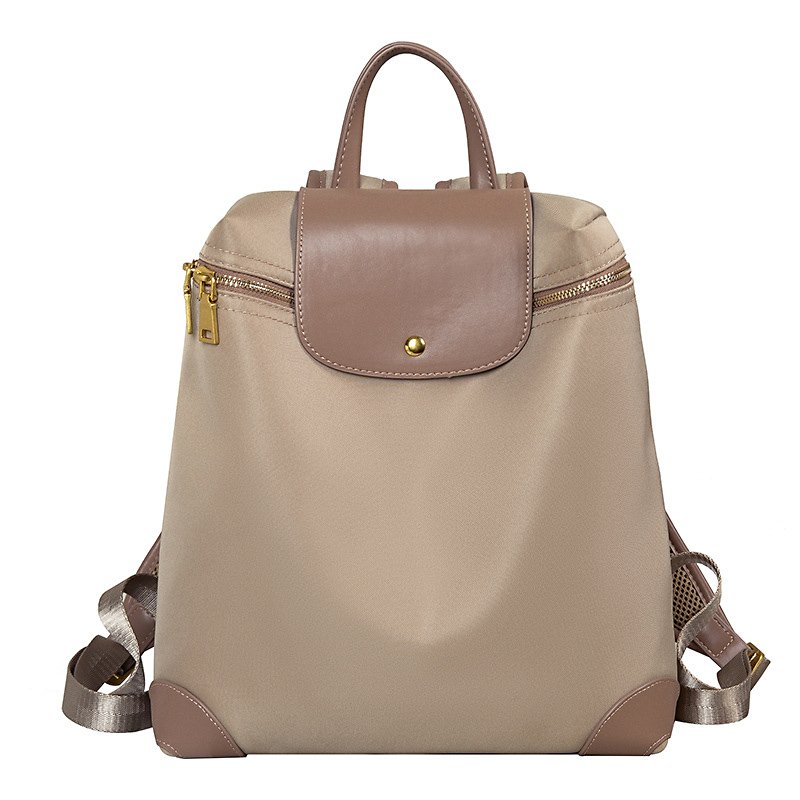
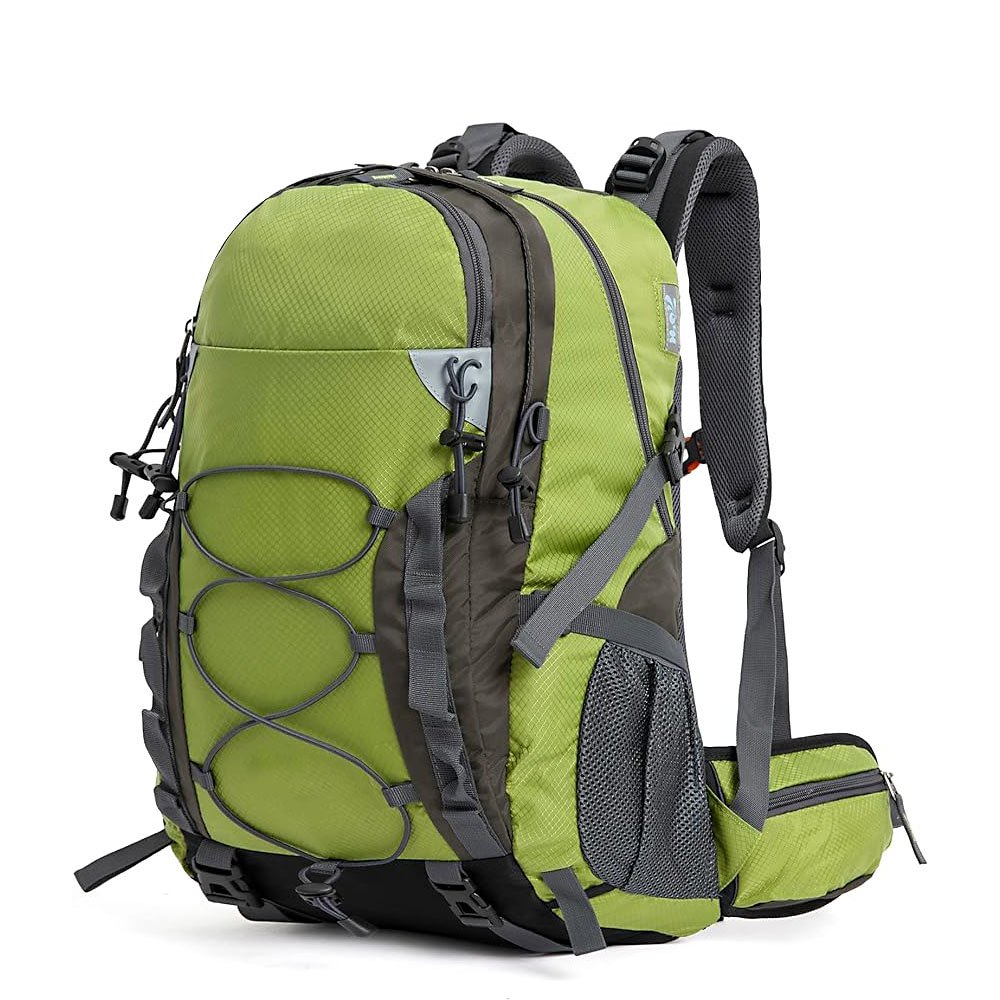
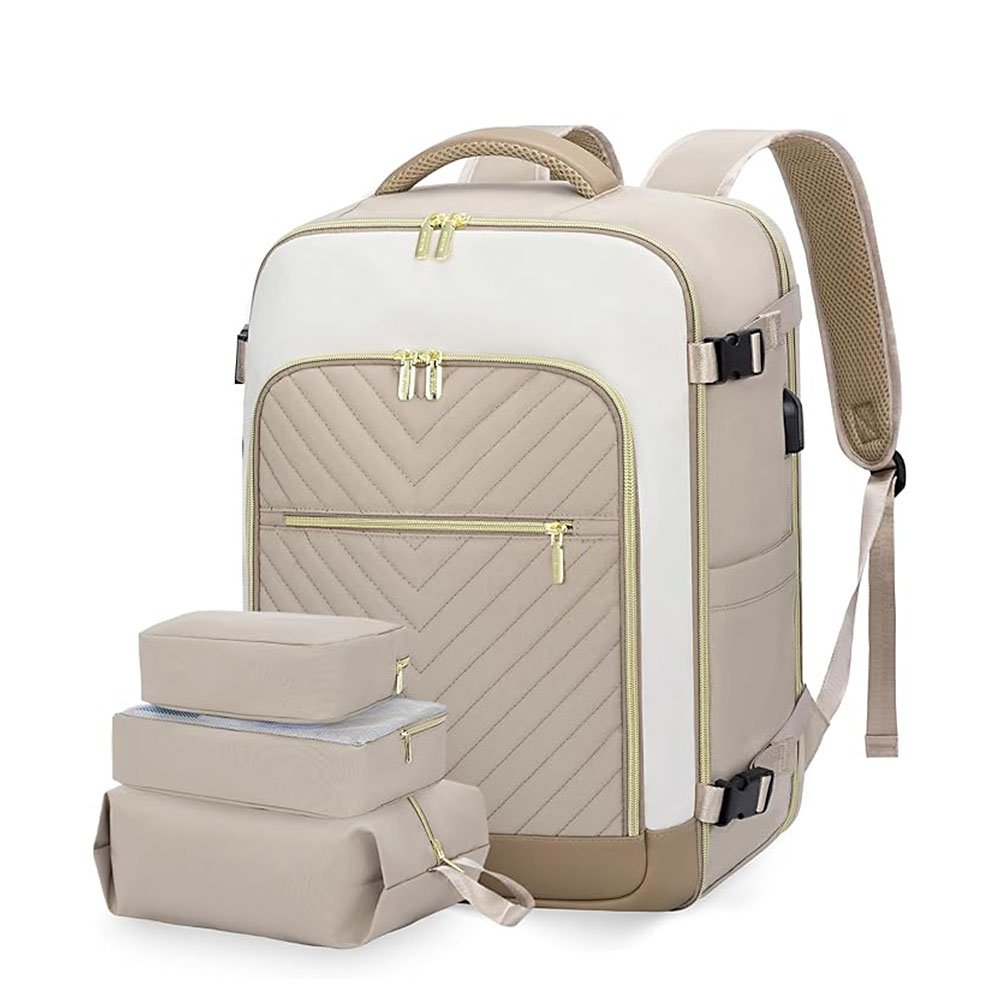
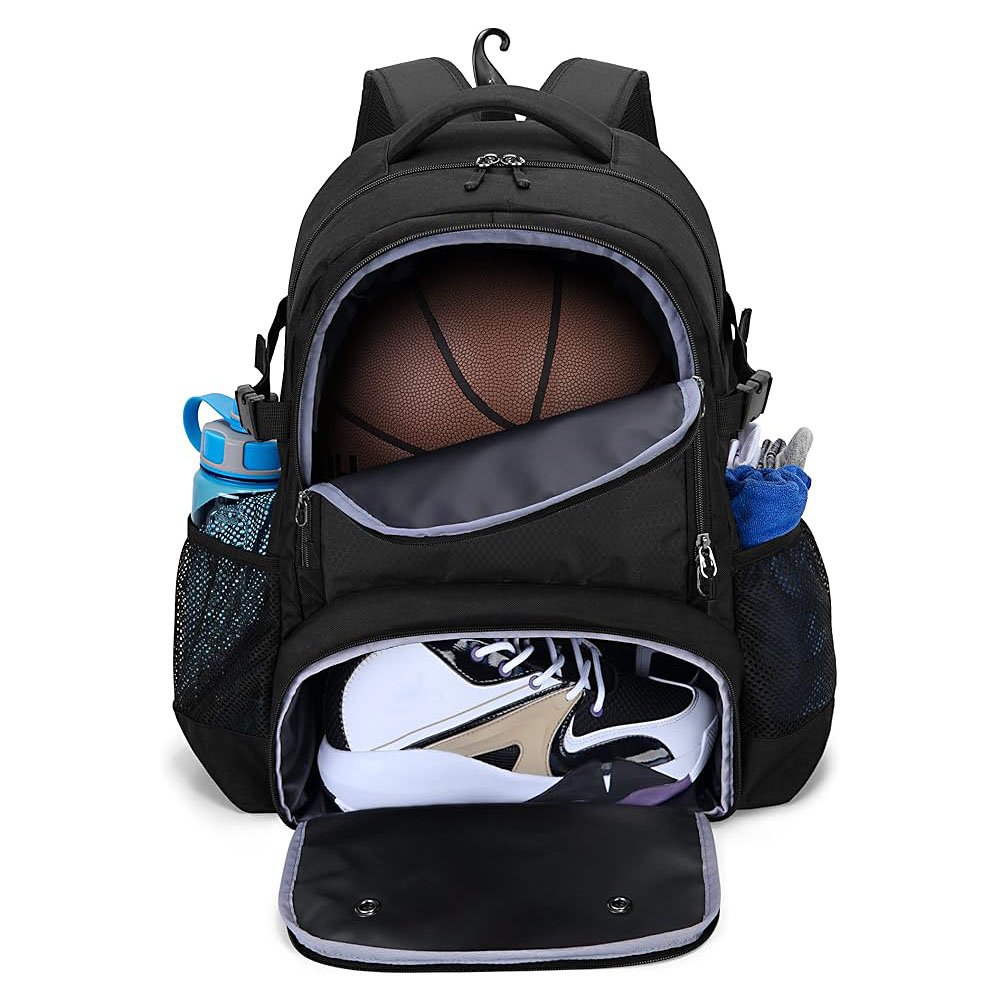
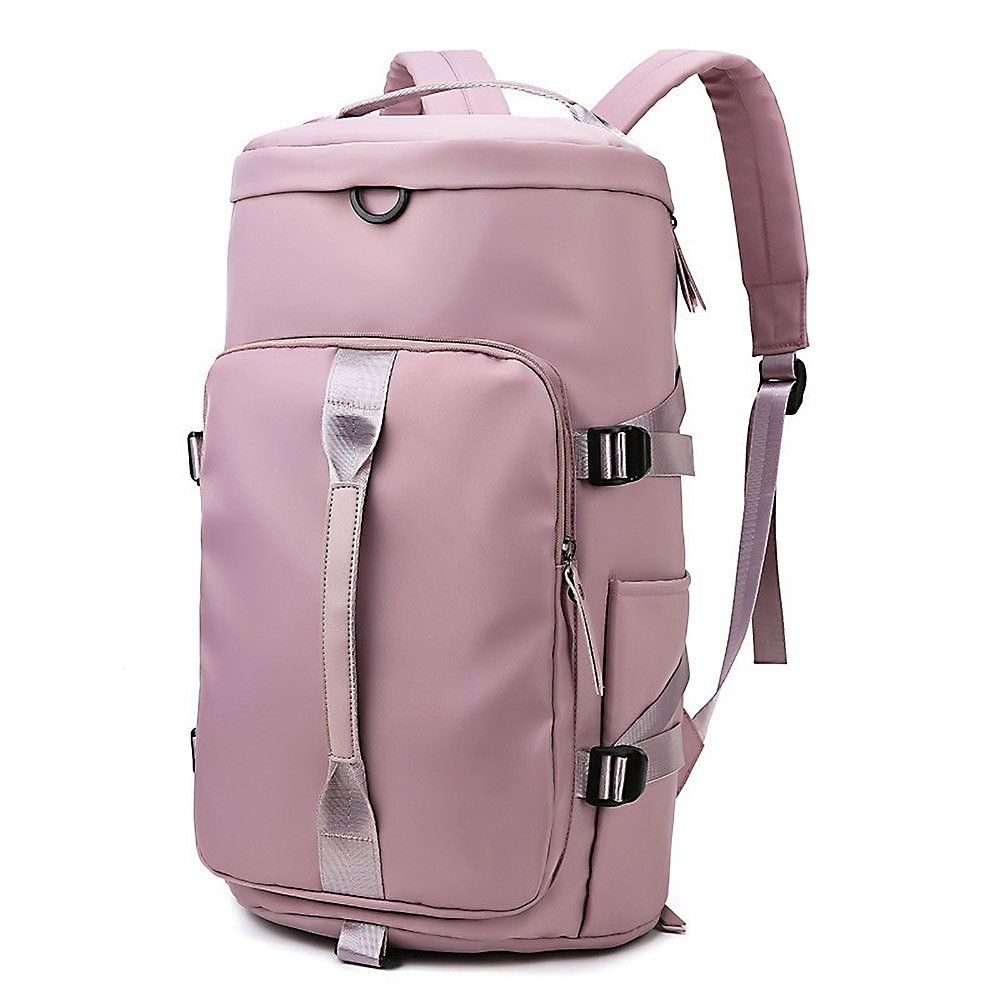
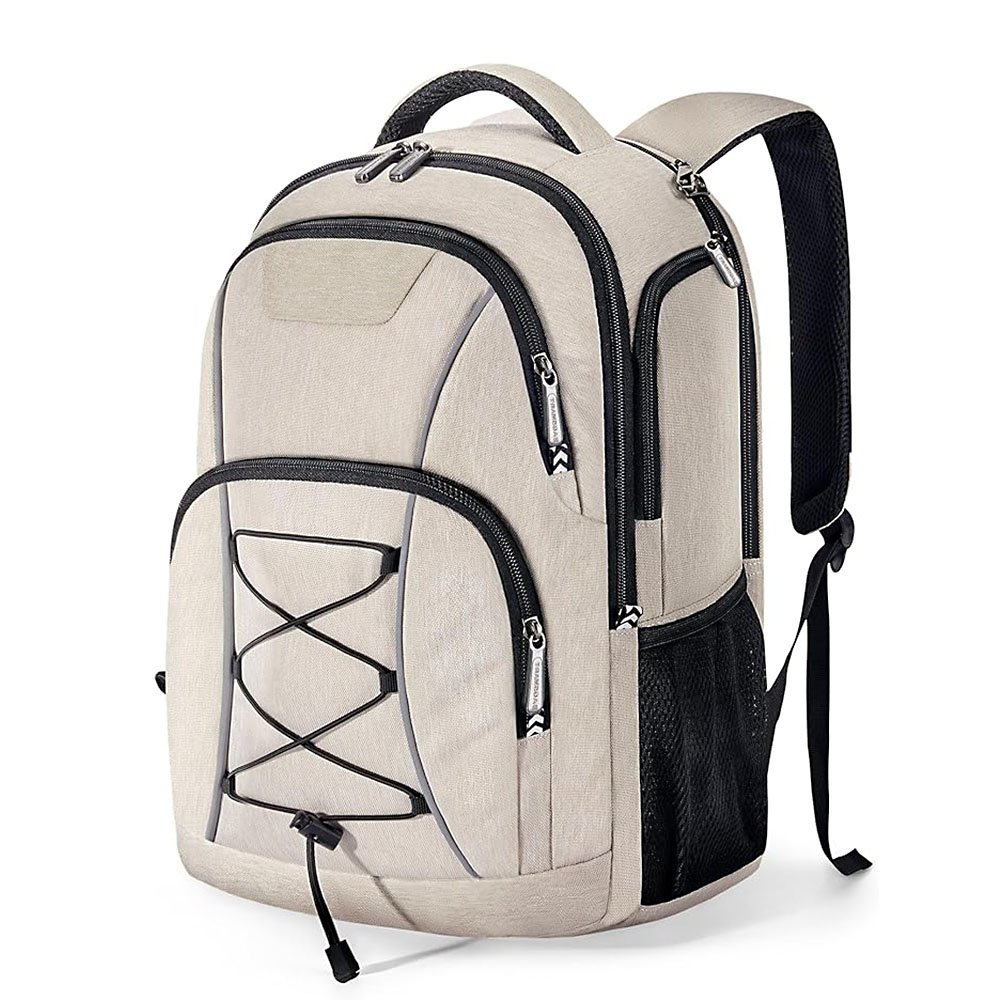
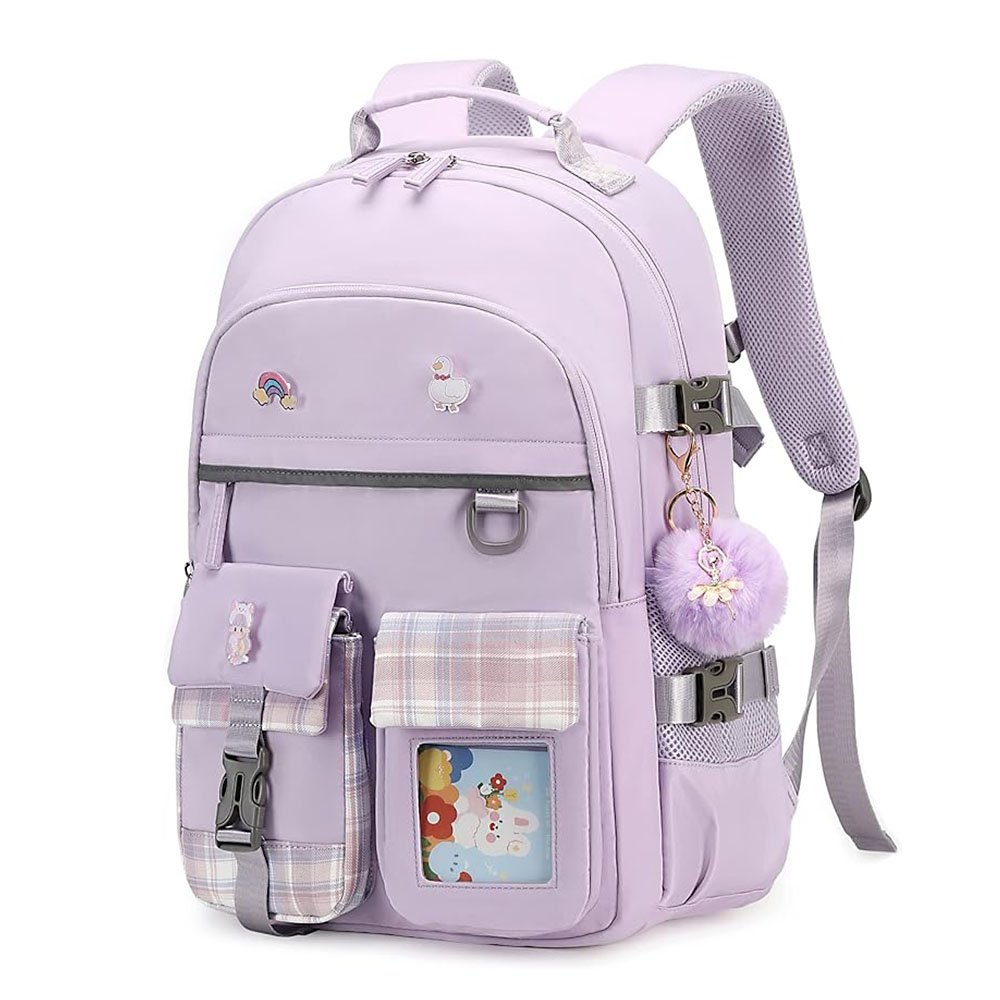
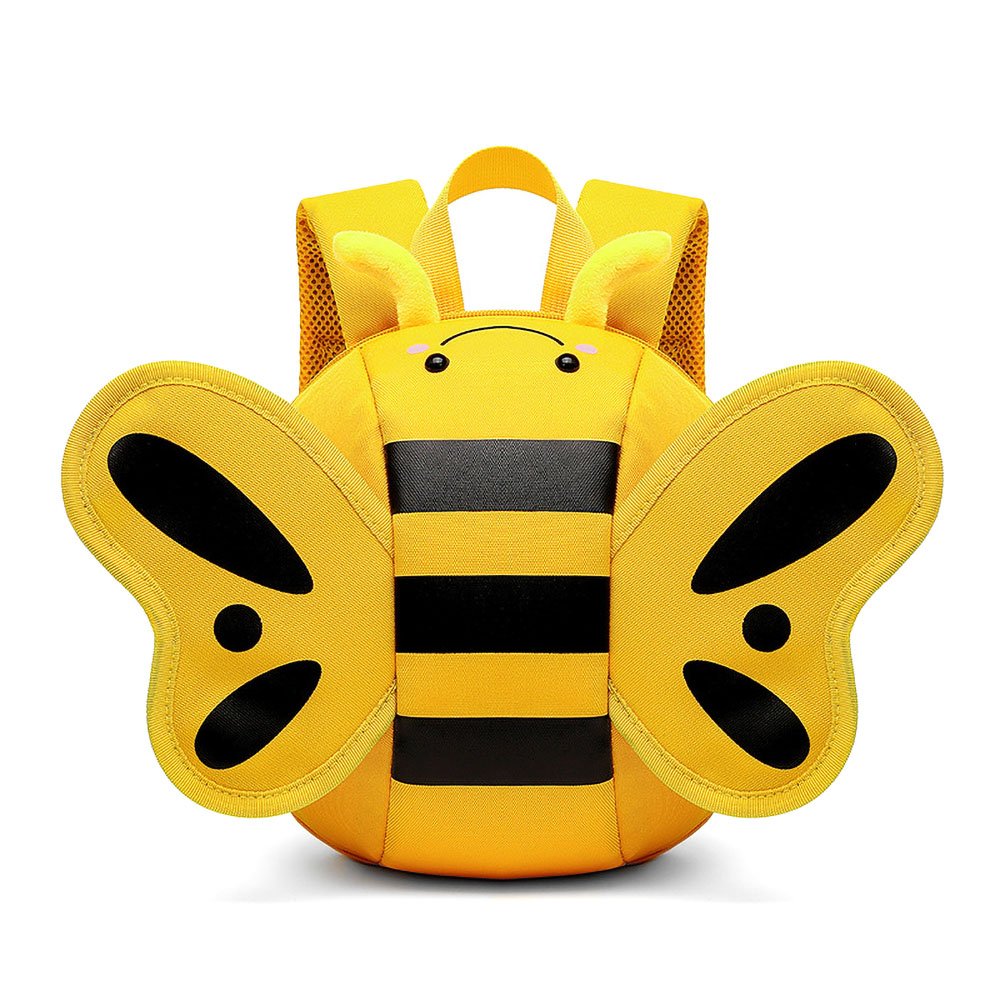
- Create a Professional Website: Your website should showcase your brand, products, and story. Ensure it’s user-friendly, visually appealing, and optimized for search engines.
- Set Up E-commerce Capabilities: Use platforms like Shopify, WooCommerce, or BigCommerce to enable online sales. Ensure your site has secure payment options and a smooth checkout process.
- Leverage Social Media Marketing: Use social media platforms to promote your brand and engage with potential customers. Share behind-the-scenes content, customer testimonials, and product updates to build a loyal following.
- Utilize Email Marketing: Build an email list and send regular newsletters with updates, promotions, and valuable content. Email marketing can help drive repeat sales and maintain customer relationships.
- Optimize for SEO: Implement SEO best practices to improve your website’s visibility in search engine results. This includes using relevant keywords, creating high-quality content, and building backlinks.
How to Start a Backpack Design Business Globally?
Starting a backpack design business that reaches a global audience involves a few extra steps:
- Understand Global Markets: Research international markets to understand consumer preferences, trends, and legal requirements. Each market will have unique characteristics that you need to consider.
- Adapt Your Designs: Tailor your backpack designs to meet the preferences and needs of different regions. This might involve modifying materials, styles, or features to suit local tastes.
- Global Logistics: Establish a reliable logistics network for international shipping and distribution. Partner with logistics companies with global market experience to ensure smooth operations.
- Compliance and Regulations: Ensure your products comply with the regulations and standards of each market. This might include product safety standards, labeling requirements, and import/export regulations.
- Cultural Sensitivity: Be mindful of cultural differences when marketing your products. Customize your marketing messages to resonate with local audiences and avoid cultural missteps.
Summary:
Starting a backpack design business involves careful planning, creative design, efficient manufacturing, and effective marketing. You can create a successful and profitable business by following these steps and leveraging the tips provided. Good luck, and happy designing!
Final Thoughts and Recommendation
Hey, before you go, let me tell you about my favorite backpack brand, Coraggio Bag. They’ve got some of the best-designed backpacks I’ve ever seen, combining style and functionality perfectly. Suppose you’re looking for inspiration or a reliable product to recommend to your clients. In that case, Coraggio Bag is definitely worth checking out!




























- Style Design: Create detailed designs and technical drawings of your backpacks. Consider the features, materials, and construction methods.
- Making Paper Patterns: Develop paper patterns for each component of your backpack. These patterns serve as templates during the cutting and sewing process.
- Creating Sample Backpacks: Produce sample backpacks to test your designs. This allows you to adjust and ensure the final product meets your standards.
- Preparing and Cutting Materials: Source high-quality materials and cut them according to your patterns. Precision in cutting ensures consistency in the final product.
- Mass Production Sewing: Use industrial sewing machines to assemble your backpacks. Skilled workers should follow your specifications to maintain quality and consistency.
- Riveting: Add rivets and other hardware to reinforce stress points and enhance durability.
- Quality Inspection and Packaging: Conduct thorough inspections to identify and correct any defects. Package the backpacks securely for shipping and retail display.
- Loading and Shipping: Coordinate with logistics partners to ship your products to distributors, retailers, or directly to customers.
How to Start a Backpack Design Business Online?
Starting an online backpack design business involves several steps:
- Create a Professional Website: Your website should showcase your brand, products, and story. Ensure it’s user-friendly, visually appealing, and optimized for search engines.
- Set Up E-commerce Capabilities: Use platforms like Shopify, WooCommerce, or BigCommerce to enable online sales. Ensure your site has secure payment options and a smooth checkout process.
- Leverage Social Media Marketing: Use social media platforms to promote your brand and engage with potential customers. Share behind-the-scenes content, customer testimonials, and product updates to build a loyal following.
- Utilize Email Marketing: Build an email list and send regular newsletters with updates, promotions, and valuable content. Email marketing can help drive repeat sales and maintain customer relationships.
- Optimize for SEO: Implement SEO best practices to improve your website’s visibility in search engine results. This includes using relevant keywords, creating high-quality content, and building backlinks.
How to Start a Backpack Design Business Globally?
Starting a backpack design business that reaches a global audience involves a few extra steps:
- Understand Global Markets: Research international markets to understand consumer preferences, trends, and legal requirements. Each market will have unique characteristics that you need to consider.
- Adapt Your Designs: Tailor your backpack designs to meet the preferences and needs of different regions. This might involve modifying materials, styles, or features to suit local tastes.
- Global Logistics: Establish a reliable logistics network for international shipping and distribution. Partner with logistics companies with global market experience to ensure smooth operations.
- Compliance and Regulations: Ensure your products comply with the regulations and standards of each market. This might include product safety standards, labeling requirements, and import/export regulations.
- Cultural Sensitivity: Be mindful of cultural differences when marketing your products. Customize your marketing messages to resonate with local audiences and avoid cultural missteps.
Summary:
Starting a backpack design business involves careful planning, creative design, efficient manufacturing, and effective marketing. You can create a successful and profitable business by following these steps and leveraging the tips provided. Good luck, and happy designing!
Final Thoughts and Recommendation
Hey, before you go, let me tell you about my favorite backpack brand, Coraggio Bag. They’ve got some of the best-designed backpacks I’ve ever seen, combining style and functionality perfectly. Suppose you’re looking for inspiration or a reliable product to recommend to your clients. In that case, Coraggio Bag is definitely worth checking out!




























